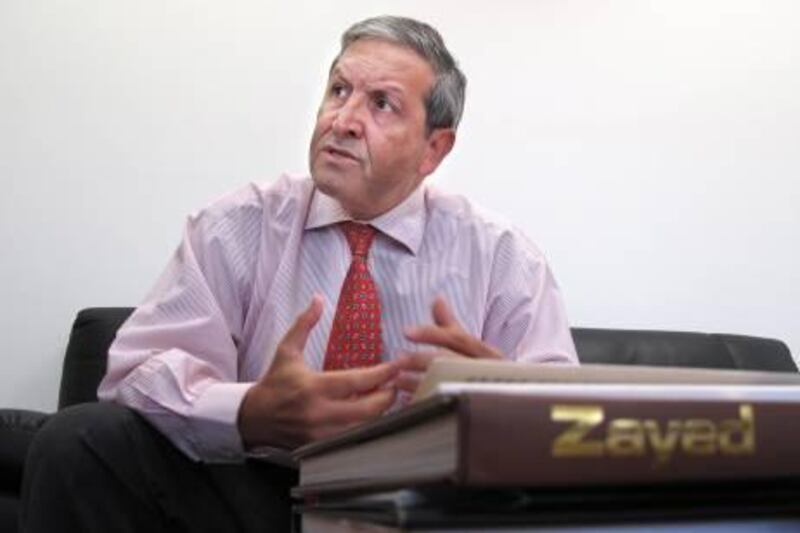MENA region states should co-operate to develop energy infrastructure as they seek to meet the region's increasing demand for oil, gas and electricity, says a senior Dubai energy official.
Nejib Zaafrani, the secretary general and chief executive of the Dubai Supreme Council of Energy, said the region should meet the challenge of supplying energy to its rapidly expanding population by using it as an opportunity to work together on "visionary" projects.
"Energy is at the core," Mr Zaafrani said yesterday at the World Economic Forum summit in Dubai during a public debate on energy security.
Mr Zaafrani, a Tunisian national, proposed that the governments of MENA states should consider addressing large, intra-regional disparities in domestic gas supply with a pipeline network linking the Maghreb to the Gulf region.
Currently, the only international gas pipelines linking Arab states in the Middle East are the Pan-Arab pipeline from Egypt to Jordan and Syria and the Dolphin Energy pipeline from Qatar to the UAE.
Additional pipelines have been built to carry gas to Europe from the north African exporters Algeria and Libya.
Those states are also expanding their coastal pipeline systems as new gasfields are brought into production and gas demand from domestic users rises.
"You could make interconnectivity between the north African pipelines to trigger the thought of a regional network," Mr Zaafrani suggested on the sidelines of the meeting.
Such a project would then require high-level, government-to-government discussions and leadership initiatives to carry it forward, he added.
Mr Zaafrani also urged regional co-operation on nuclear development and suggested Abu Dhabi's nuclear programme could act as a catalyst due to the high standards established.
"They have been called the 'golden standards' and it is good to hear that because golden standards are all about safety," he told the forum.
"I think the best in the world has been brought into these standards."
Governments in the MENA region should carefully consider and consult each other on whether each state needs its own nuclear programme, Mr Zaafrani said.
A more efficient deployment of joint resources might be for some to act as regional centres of excellence for nuclear expertise while exporting electricity to their neighbours.





